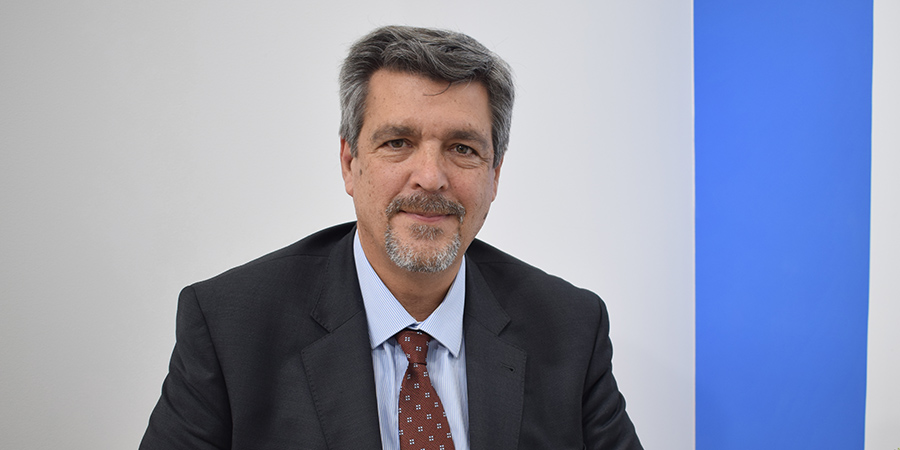In an exclusive interview with Telecom Review at LEAP 2024, Roque Lozano, Senior Vice President of Network Infrastructure for Middle East and Africa at Nokia, shared insights into Nokia’s specialized network, its role in driving digital transformation, the company's goals, and its presence at LEAP.
How does Nokia differentiate its network infrastructure solutions to meet the diverse needs of customers in this region?
Let me emphasize safety from the outset. Our key differentiator lies in our comprehensive approach to network architecture, spanning from submarine cables to home networks and devices. We've developed solutions that seamlessly integrate connectivity from the sea to the home. Additionally, we manufacture and strategize our product portfolio, focusing on every component of the network solution. Starting with chipset development, we ensure functionalities that we believe truly make a difference. This spans across our IP portfolio, optical portfolio, and fixed access. Beyond the hardware, we also prioritize the longevity and reliability of our solutions in the field. This entails continual evolution and maintenance, backed by our proficient service delivery and technical support teams in every country across the region.
What role does Nokia play in driving digital transformation and connectivity in the Middle East and Africa?
In our pursuit of reconnecting people through technology, we see the Middle East and Africa as our greatest opportunity. Our extensive capabilities across the region enable us to facilitate all necessary connectivity for various services. While traditional 4G or 5G models and fiber-to-the-home access networks have been prevalent, we're now witnessing the emergence of new cloud services, scaling from data centers to digitally transform entire societies. We provide solutions that enable connectivity crucial for the digitalization of countries, enterprises, key industries, and devices at their core.
What are Nokia's goals and priorities for advancing network infrastructure development and connectivity in both the Middle East and Africa?
What's particularly fascinating at this juncture is that regional connectivity isn't solely about serving individual customers or countries; it's become a regional endeavor. Submarine cables are now delivering unprecedented capacity, bridging the first part of the digital gap, which we prefer to view as a digital opportunity.
Our approach involves, firstly, connecting the seas to immediately provide capacity to the region. Secondly, extending this connectivity from the shores to the data centers, metros, and cities where it's needed most.
But we don't stop there… We also prioritize securing this connectivity, ensuring data flows smoothly across the global network, right to where it's required. This underscores our commitment to understanding the regional landscape and emphasizes our dedication to delivering sustainable and affordable solutions to end-users.
Why is LEAP important to Nokia, and why are you participating this year?
LEAP is truly an extraordinary showcase. The energy here is palpable, with thousands of people passing through— a feat not easily achieved elsewhere. It feels like we're right at the heart of a country undergoing transformation, with digitalization playing a pivotal role in that evolution.
We take immense pride in supporting operators, governments, and agencies in this country, offering best-in-class connectivity that ultimately benefits all digital natives. We firmly believe that the vibrancy of this event will usher in a new era of advancement for the region.










